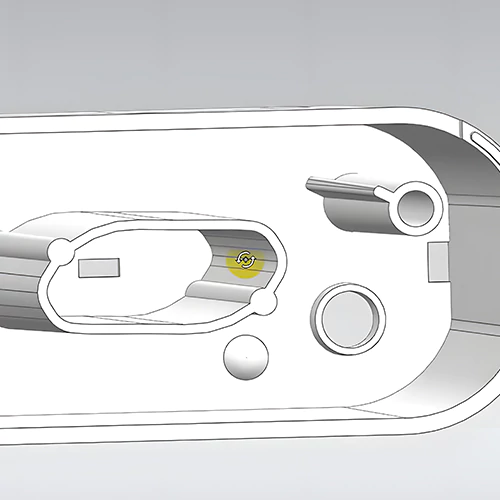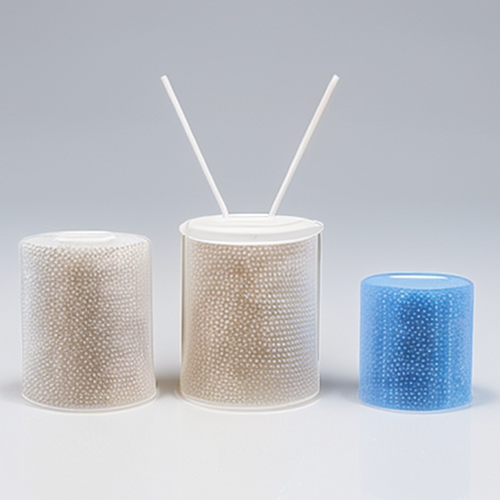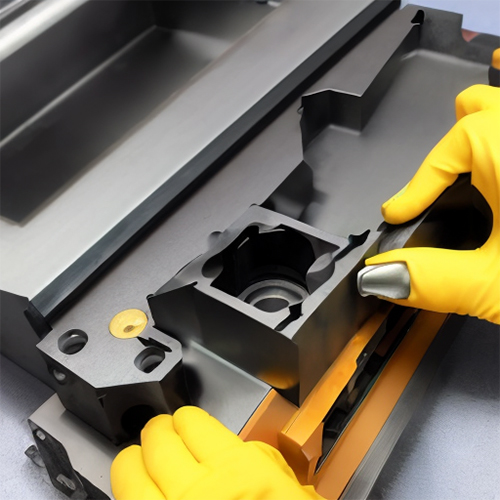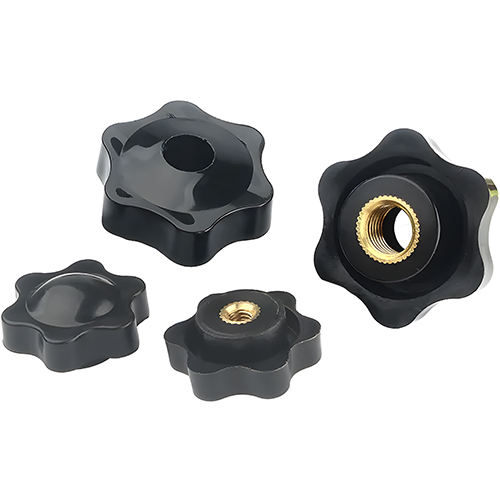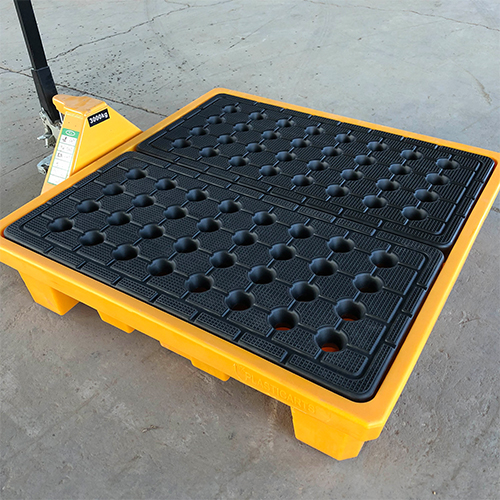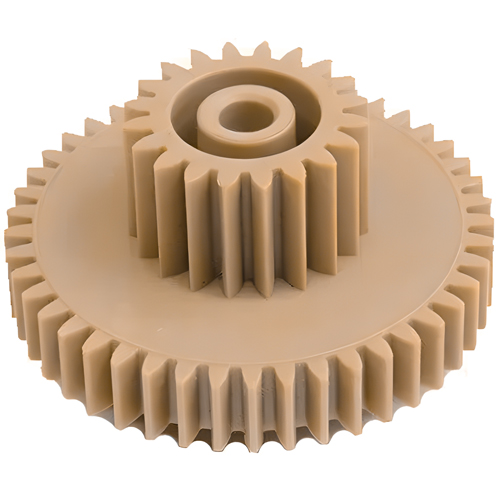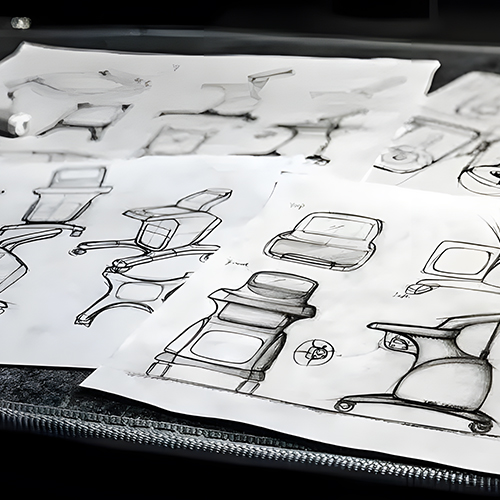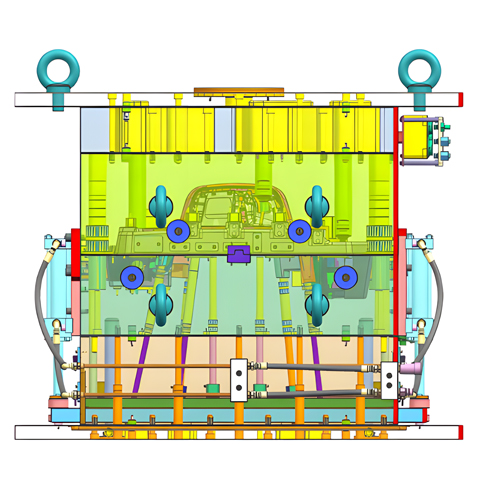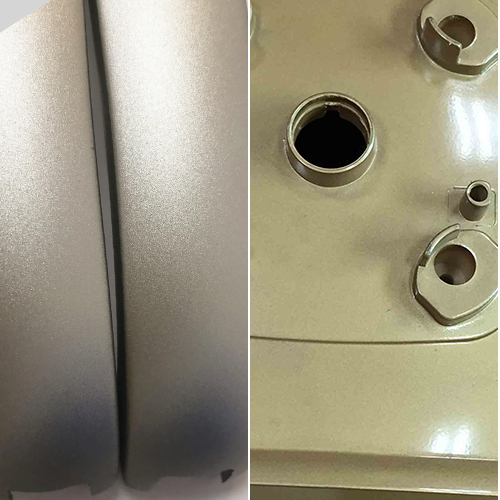Manufacturing is one of the world’s largest industries in today’s automated world. Manufacturing is found worldwide, from the United States to Indonesia, France, Germany, and many other countries. As a result, our daily needs, such as vehicles, medicines, clothing, and much more, continue to be met in various parts of the world each year by these large-scale industries. In 2018, China alone accounted for 28% of global manufacturing output. And these figures continue to rise year after year.
What, however, boosts the productivity, quantity, and quality of these products and their use? It is the type of machine used by manufacturing companies. And, as technology advances, manufacturing machinery advances and improves.
So, which is superior? To stick with standard CNC machining solutions or pursue a more advanced approach, such as maquinagem de precisão? Is there a distinction, or do they meet the exact manufacturing specifications? If you’re looking to invest in manufacturing services, this is the post where you can tell the difference between general CNC machining and precision CNC machining service providers.
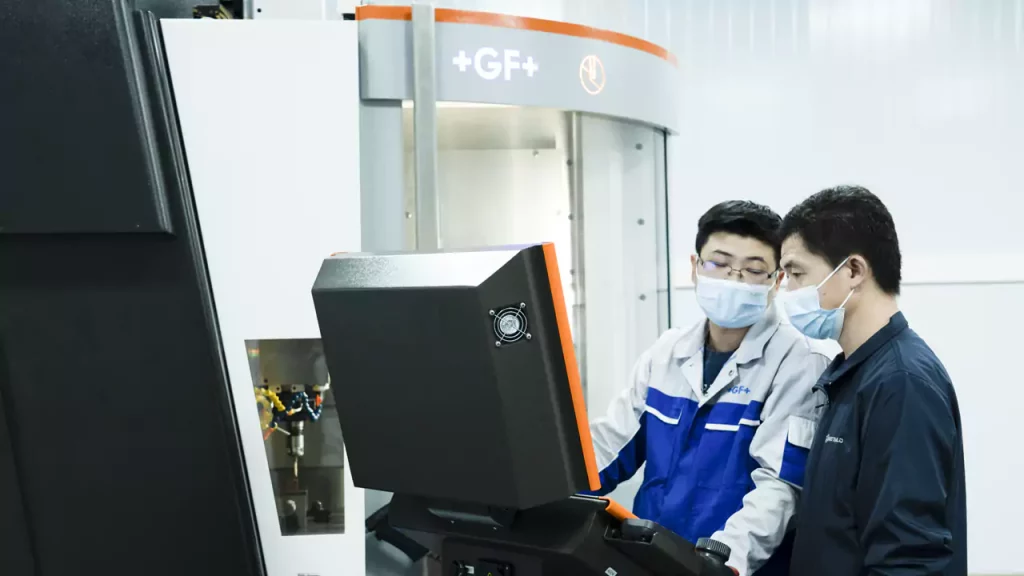
So, without further ado, let’s get into the specifics!
The Difference:
The primary difference between both types of machinery is that: Precision CNC machining is used for very accurate items, which can be done using a high-precision CNC machine or by hand, whereas CNC machining is more general purpose and operates automatically.
Continue reading for an overview of both these manufacturing machinery and their usage.
CNC Machining:
It is a manufacturing method in which computers run programs that control how machines create items. These CNC Programs may control everything from the machine’s actions to spindle speed, turning coolant on or off, and much more. A standardized programming language called “G-Code” is used to program CNC machines. G-code is rarely written by hand to make things easier. Instead, CAM Software visual programming tools are employed to generate the g-code. CAM is an abbreviation for Computer Aided Manufacturing.
CNC machining of parts is frequently used when high precision or quality is required or when the materials are difficult to deal with.
3D Printers, CNC Mills, CNC Lathes, CNC Lasers, Water Jets, Electronic Discharge Machines (EDMs), CNC Routers, and other CNC machines are available.
Features of CNC Machining:
- CNC machine tools use paper tape or keyboard input to control automatic processing. Changing one or more objects requires swapping the tool and solving the blank. In addition to clamping, new components can be automatically processed without costly machine tool adjustments by reprogramming the processing software and paper tape. This saves unique tools, prototypes, and regular prototypes and reduces production preparation time. CNC machining benefits frequent aerospace product modification and short trial production cycle requirements.
- Except for the second-hand L clamping blank, all CNC machine tool machining procedures are automatic, reducing operator labor and improving working conditions.
- CNC machining is efficient. CNC machine tools are highly automated. Scribing numerous clamping and positioning, inspection, and other steps are eliminated during processing.
- CNC machining precision is between 0.CC5 and 0.1 mm regardless of part shape complexity. Processing reduces operator variation, enhances batch consistency, and maintains product quality. This boosts production, assembly quality, and efficiency and reduces part scrap.
- CNC machine tools can easily connect to computer-aided design systems, creating an integrated system that integrates design and manufacturing.
Precision Machining:
Precision CNC Machining is a manufacturing method that employs machines to create items with precise tolerances. Skilled operators operate the machines, which are utilized for detailed work on metal or plastic parts. Precision CNC machining typically entails many operations that can be completed in batches or individually, depending on the customer’s needs. This is possible with lathes, mills, drills, saws, and other machines.
Features of Precision Manufacturing:
The process of maquinagem de precisão needs precision, accuracy, and consistency at every stage of the work. Having these components in place is essential to preserve the product’s quality once it has been manufactured. To carry out precise CNC machining, the following five considerations are obligatory:
- Speed: You need a certain amount of speed to manufacture a vast volume of parts at once without sacrificing the quality or accuracy of the work.
- Exatidão: To keep your accuracy consistent, you will need a machine capable of making exact cuts with a minimum quantity of scrap material thrown away.
- Consistency: To ensure that each component has the same level of quality and finish, the process must be as consistent as is humanly possible. Due to this change, assemblers will find it much simpler to put the components together.
- Complexity: It is a factor that decides how many operations are required to complete a part, as well as whether or not any specialized operations, such as drilling, milling, turning, or grinding, are necessary.
- Durabilidade: A sufficient level of long-term durability is required of the apparatus.
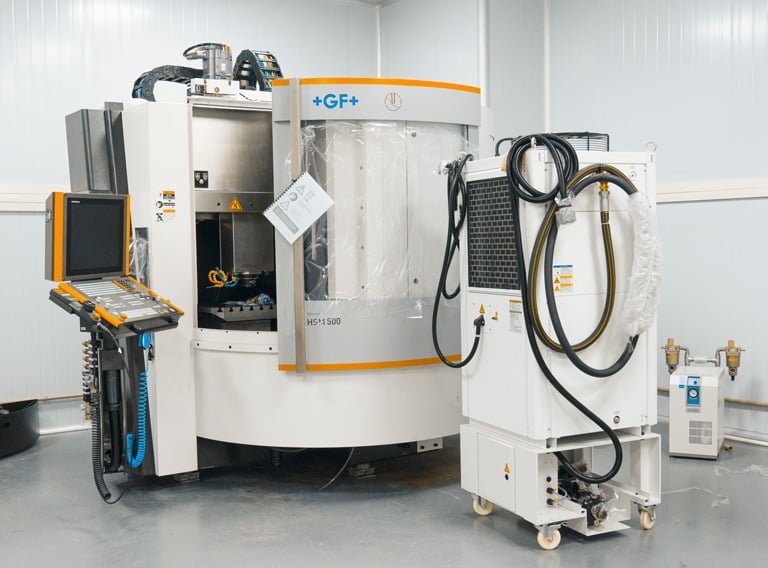
Benefits Obtained Through Precision Machining
As time goes on, more and more people want smaller precision parts crafted from high-performance plastic materials. For your company to keep up with the demands placed on it, it is essential to stay current or even get ahead of the curve.
Here are seven benefits that come from utilizing precision CNC machining.
- Less Material Waste:
Because the fundamental idea behind precision CNC machining is subtraction, there is a massive potential for material waste on a single product from the initial phase to the final phase of the production process. Machining with a high degree of precision using a CNC helps reduce the amount of material wasted due to operator error.
- Low Error:
Once the correct specifications have been keyed in at a precision CNC shop, the automated maquinagem de precisão process can take over and do its work. Compared to more conventional machining methods, the likelihood of making a mistake is extremely low.
- Quality of the Manufactured Products:
Precision machining uses a multi-stage quality control procedure, which ultimately results in a consistent output from one iteration to the next. Maintaining the highest standard of quality throughout production.
- Time Reduced Spent in Turnaround:
Uma empresa que recorre à utilização de maquinagem CNC de precisão tem conhecimentos na área do trabalho e possui as infra-estruturas necessárias para realizar a tarefa da forma mais rápida e económica possível.
- Melhor fluxo organizacional:
Ao considerar a forma de gerir os custos de oportunidade, os engenheiros devem despender tempo e competências no desenvolvimento de produtos, em vez de efectuarem alterações ao design com base em considerações circunstanciais. O feedback sobre a maquinabilidade do projeto é algo que se pode esperar de uma empresa como a Prototool, que fornece maquinagem de precisão serviços. Para além disso, oferecemos recomendações de materiais com base na nossa experiência, o que ajudará a poupar tempo e dinheiro em geral.
- O teste de protótipos é facilitado:
Em vez de ser mais um conceito ou um protótipo de design, a maquinação CNC de precisão permite que os protótipos contenham elementos funcionais. Ao contrário dos conceitos isolados, os protótipos funcionais inspiram maior confiança nos investidores e noutras partes interessadas.
- Ciclos de produção mais curtos e mais frequentes:
Se conseguir colocar o seu produto no mercado de uma forma mais adequada, tem uma vantagem competitiva em relação às instalações que ainda utilizam métodos mais antigos. Também é provável que seja mais adaptável às mudanças provocadas pelas regras do sector ou pelas exigências de clientes individuais.
Indústrias que necessitam de produtos manufacturados:
Ø Aeroespacial e Defesa
Os especialistas em fabrico nas indústrias aeroespacial e militar produzem componentes precisos e de alta qualidade a partir de materiais como Teflon, Nylon, PEEK, Ultem, Torlon, Vespel, Alumínio e Aço para empresas destes sectores. Os engenheiros podem utilizar estas peças para criar aeronaves com bom desempenho e segurança no ar.
Ø Medicina e ciências da vida
Materiais como PEEK LSG, Tecson MT, Radel e aço inoxidável são normalmente utilizados para produzir máquinas para o sector médico e das ciências da vida. Os componentes para tabuleiros médicos, caixas de esterilização e instrumentos cirúrgicos podem ser fabricados com estes materiais.
Ø Energia
Para produzir as suas peças, os fabricantes de componentes de plástico utilizam uma vasta gama de materiais, incluindo Teflon®, Fenólico, G10, Torlon, PEEK e Vespel, que estão a causar uma revolução nas indústrias de energia e potência. Estes materiais melhoram o silêncio destes componentes e proporcionam um isolamento superior ao do metal.
Ø Controlo de fluidos
As empresas que trabalham com esta indústria fabricam vários componentes a partir de materiais como PEEK, PVDF, UHMW, Delrin e Ertalyte, que são utilizados numa grande variedade de produtos de controlo de fluxo, filtração e qualidade da água.
Ø Petróleo e gás:
Os plásticos de alto desempenho, como o Torlon e o Vespel, são utilizados na produção de componentes do sector do petróleo e do gás tão pequenos como tampões, roldanas de cabos e bocais de controlo de fluxo, mas com um efeito cumulativo significativo.
Ø Hidráulica e pneumática
Nesta indústria, a precisão e as tolerâncias estreitas são essenciais para o funcionamento fiável dos sistemas hidráulicos e pneumáticos. Por conseguinte, os fabricantes deste sector dependem apenas de maquinagem de precisão para produzir vedantes, casquilhos, flanges, assentos e outros componentes de tolerância apertada de acordo com normas rigorosas. Os fabricantes trabalham frequentemente com Teflon, PEEK, Vespel, PFTE com enchimento de bronze, Nylon, UHMW e outros materiais.
As indústrias, incluindo a agricultura, automóvel, educação, entretenimento e hotelaria, também exigem peças fabricadas por fornecedores de serviços profissionais como a Prototool.
Conclusão:
Embora várias indústrias exijam serviços de fabrico para as máquinas e produtos que fornecem ao consumidor, o tipo de maquinagem depende das suas exigências de produção, qualidade e volume de negócios.
Dito isto, a maioria das indústrias prefere maquinagem de precisão para os seus produtos/componentes, várias indústrias e fornecedores continuam a optar por soluções gerais de maquinagem CNC. Assim, pode tomar uma decisão mais acertada tendo em conta as exigências de tolerância e precisão do produto.

